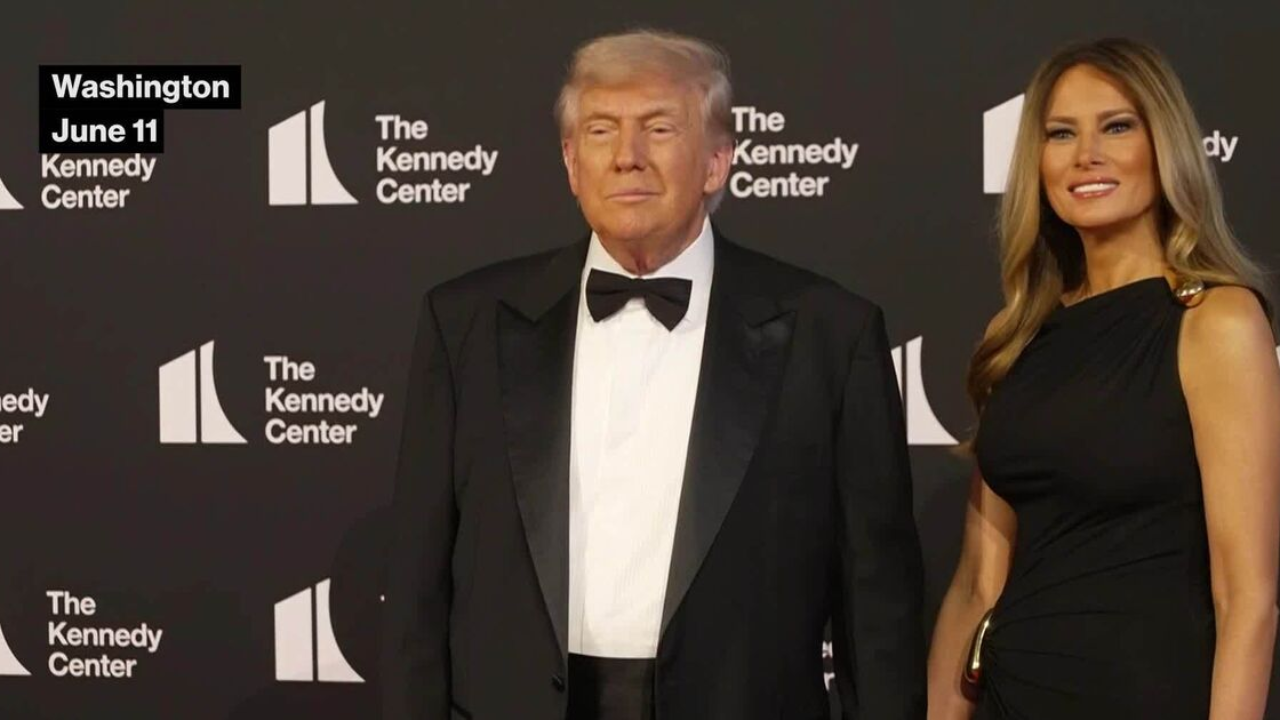Former U.S. President Donald Trump has once again stated that if he is elected, he will announce new unilateral tariffs within two weeks.
In a recent interview, Trump emphasized that the tariffs would be one of his first actions after returning to the White House.
Trump’s trade policy during his previous term was known for imposing heavy tariffs on imports, especially from China.
He believes that setting tariffs quickly will help protect American industries and workers. According to him, this move would balance trade and bring back manufacturing jobs to the U.S.
This latest statement repeats what Trump has said before, making it clear that trade protection is still a top priority for him. He said the tariffs would be applied broadly and would be decided without waiting for deals or approval from other countries.
He also criticized the current administration for what he called weak trade policies. Trump claimed that under President Joe Biden, the U.S. has been taken advantage of in trade deals. He argued that without strong tariffs, American businesses lose their competitive edge.
However, some economists warn that these kinds of tariffs can increase prices for American consumers. When tariffs are placed on imported goods, companies often raise prices to cover the extra cost. This could lead to inflation, making everyday items more expensive.
Trump didn’t go into detail about which countries or products would be targeted, but he made it clear that action would come fast. “I will do it right away, within two weeks,” he said during the interview.
As the 2024 election approaches, Trump is using strong trade promises to appeal to voters who feel left out by global economic changes. Many of his supporters agree with him that America should become more self-reliant in manufacturing and trade.
While his message is clear, the impact of such a move could be complicated. Trade experts say that sudden tariff changes could affect global markets and lead to retaliation from other countries.
For now, Trump has not released a formal trade plan. But his repeated commitment to setting tariffs within two weeks of taking office is a sign that this will be a key issue in his campaign. Whether this approach will help or hurt the economy is something only time—and possibly voters—will decide.






